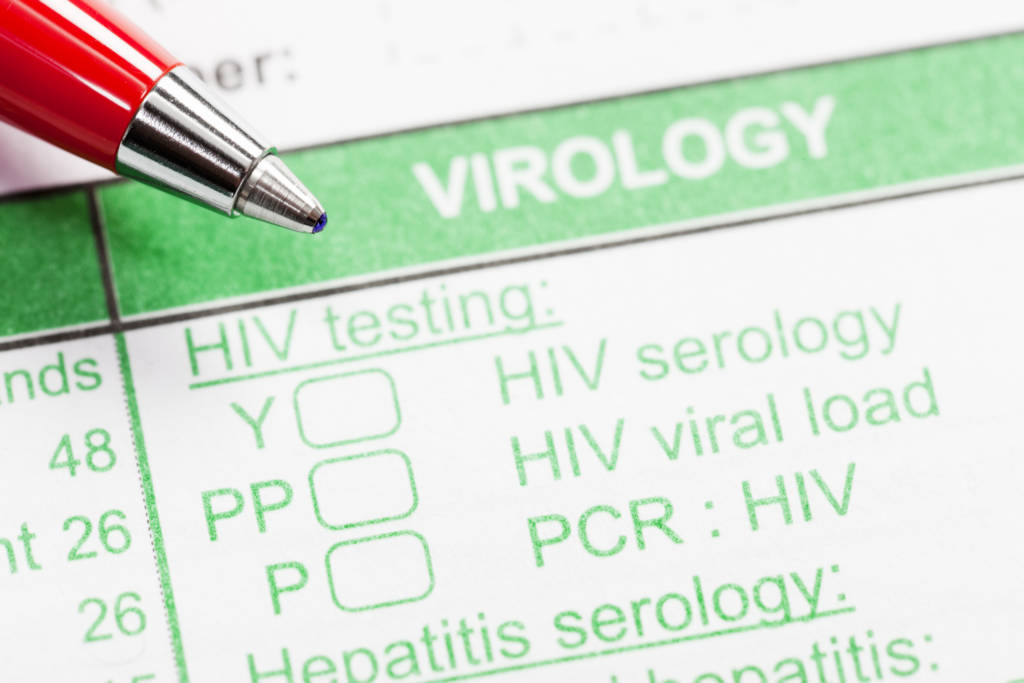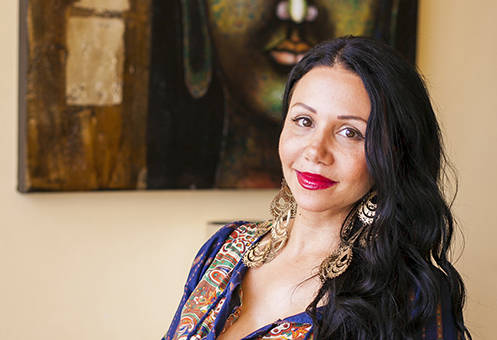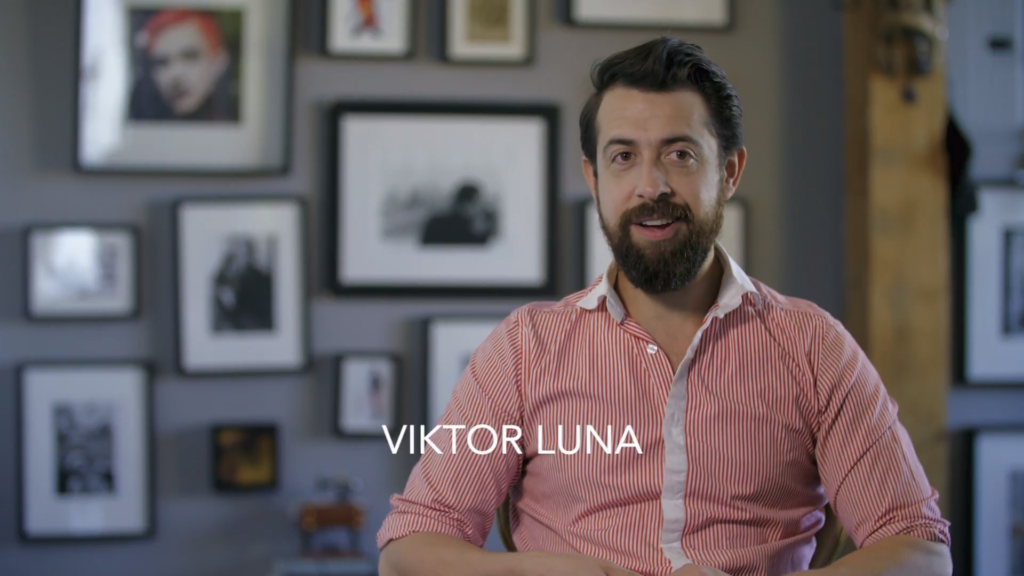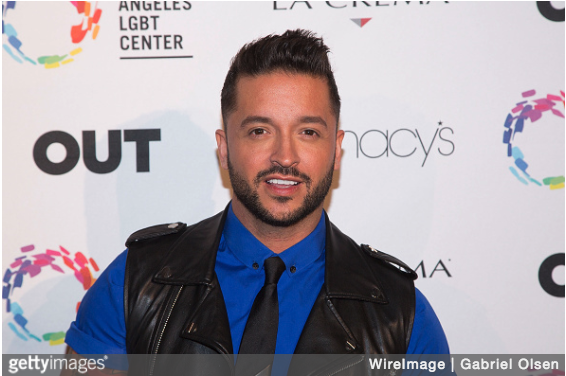The numbers of people contracting HIV/AIDS are declining, but unfortunately, this isn’t the case in Black and Latino communities where the numbers are rising at an alarming rate. Positively Fearless is a campaign that raises awareness about Black and Latinx gay and bisexual men with HIV. It celebrates the bravery and courage of those who get tested, accept the diagnosis and seek the care and treatment that is right for them.
One man living with the disease is Adrian Altamarino. He lost his mother in 2014 and was left with the responsibility caring for his brother. In 2016, he was diagnosed with HIV and he experienced some challenges with the disease that many others like him go through every day. “The obstacles that I first had was having to take care of my family…also my primary language is Spanish, so I needed to get information in my language, [not to mention] the stigma and what people might think of me,” says Altamarino, HIV+ patient, and spokesperson for Positively Fearless.
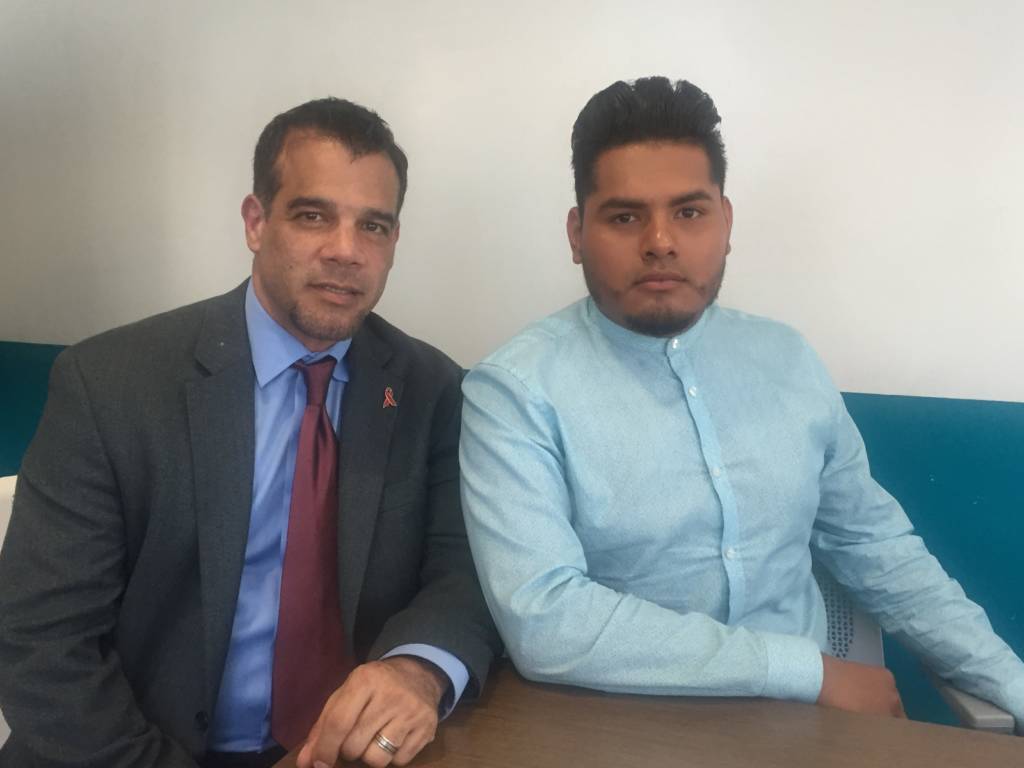
Another challenge Altamarino faced was finding the resources to make appointments, and get treatment. “In the beginning, I didn’t know what to do, where to get the resources to get my treatment and stay on treatment,” he says. Going through these challenges inspired him to reach out and help those who are struggling by giving them the tools they need for HIV health and provide support to his peers though Positively Fearless. “Once you’re diagnosed, it’s not the end of the world, it’s a new beginning,” says Altamarino. Positively Fearless aims to educate and help empower Black and Latinx to get tested, to help others that are going through the same journey and to seek treatment and stick to it.
As someone who is also a part of the Latinx LGBTQ community, Jai Rodriguez, actor and spokesperson for Positively Fearless explains that he was inspired to help raise awareness for HIV/AIDS because of his aunt Joann. “I was 16 and at Thanksgiving dinner, she came out and told us she had AIDS, not HIV, but AIDS,” says Rodriguez. When he heard this was happening to her, he couldn’t believe that someone he knew was part of a statistic. “It was quite crazy for our family to handle,” he says, “I have family that to this day, that if I’m doing a fundraiser for HIV or an AIDS-related thing, they will not post to their social media. They are so ashamed of the words HIV or AIDS that they can’t bring themselves to post on their page for fear of what their friends or colleagues might think of them.”

